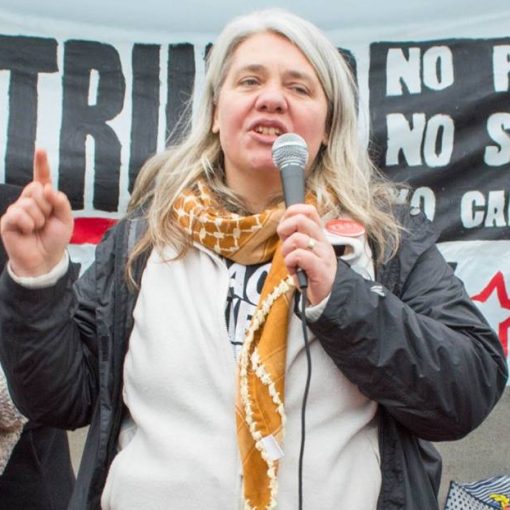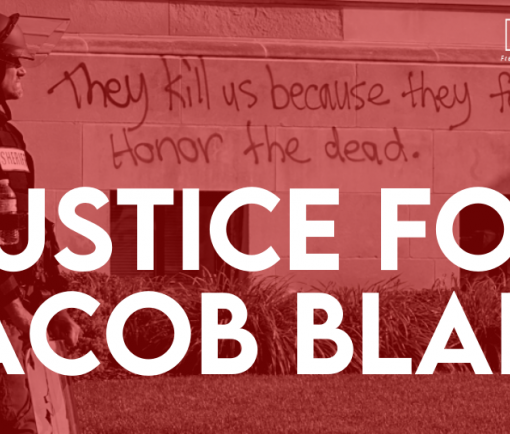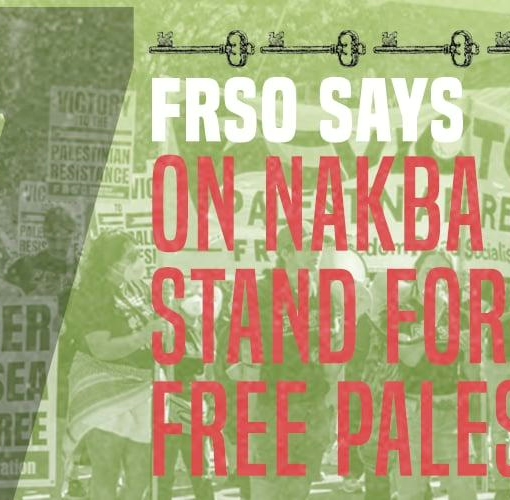Whereas: Iwao Lewis Suzuki was born in Los Angeles, California in 1920. His father was an undocumented immigrant from Japan.
Whereas: Iwao Suzuki’s father died after being refused medical care because of the intense national oppression against Japanese Americans at that time. Mr. Suzuki and his family had to return to Japan in 1929 after losing their farm due to a ban on Japanese and other immigrants from owning farm land in California.
Whereas: Iwao Suzuki left Japan in 1939 to avoid service in the Japanese military after learning about the Rape of Nanjing where Japanese occupation troops slaughtered between 200,000 and 350,000 Chinese civilians in 1937.
Whereas: Iwao Suzuki served in the U.S. Office of War Information and later as a Japanese language instructor for the Military Intelligence Service in Minneapolis, Minnesota in opposition to Japanese Militarism, German Nazism, and Italian Fascism.
Whereas: Iwao Suzuki joined the Communist Party, USA (CPUSA) in the 1940s because of their leading role in the anti-fascist united front during World War II. He served as the Japanese American community section organizer and also served as a cultural worker.
Whereas: Iwao Suzuki visited Hiroshima, Japan in 1948 and saw first hand the devastation of the U.S. atomic bombing of that city in August, 1945, which killed hundreds of thousands of Japanese civilians.
Whereas: Iwao Suzuki traveled to Beijing, China in 1952 as a delegate to the Pacific Rim Peace Conference and learned about the Chinese revolution of 1949. There he met his future wife, Mary Bonzo.
Whereas: Iwao Suzuki was forced out of the CPUSA after his return to the United States because of his support for national liberation movements and socialist China. The CPUSA leadership was moving towards revisionism and abandoning support for national liberation struggles under the guise of “peaceful coexistence.”
Whereas: Iwao Suzuki continued to organize against U.S. nuclear weapons, U.S. war against Vietnam, and the U.S. backed Marcos dictatorship in the Philippines for the rest of his life.
Whereas: Iwao Suzuki contributed his artistic skills to the production of many posters and paintings in opposition to U.S. nuclear weapons, U.S. military aggression, and the African American national movement.
Whereas: Iwao Suzuki contributed his woodworking skills to projects of the United Farm Workers Union in support of Chicano, Mexicano, and Pilipino farm workers in the 1960s and 1970s.
Whereas: Iwao Suzuki supported the new communist movement including organization such as the Kalayaan Collective, the I Wor Kuen, and the League of Revolutionary Struggle (M-L).
Therefore be it resolved: that the Sixth Congress of the FRSO grants honorary membership to Iwao Lewis Suzuki in light of his lifelong dedication to peace, equality, national liberation, worker’s struggles, and socialism.




